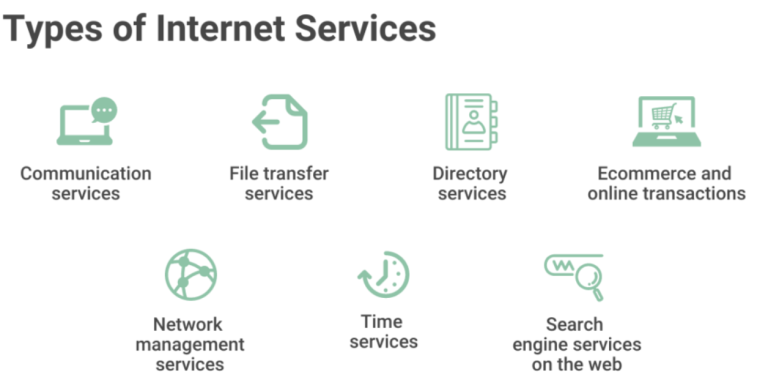Navigating the complexities of Medicare can feel overwhelming, especially when choosing the right plan that fits your specific needs and budget. For those seeking a comprehensive and cost-effective solution, Aetna Medicare HMO plans have emerged as a popular choice. In this in-depth article, we’ll explore the ins and outs of Aetna Medicare HMO plans, their benefits, potential drawbacks, eligibility criteria, enrollment process, and much more.
What is an Aetna Medicare HMO Plan?
An Aetna Medicare HMO plan is a type of Medicare Advantage plan offered by Aetna, a well-established insurance company with a strong reputation for providing quality healthcare coverage. HMO stands for Health Maintenance Organization, which means that you’ll need to choose a primary care physician (PCP) from the plan’s network, and most of your care will need to be coordinated through your PCP.
Key Features and Benefits of Aetna Medicare HMO Plans
- Comprehensive Coverage: Aetna Medicare HMO plans typically offer comprehensive coverage, including hospital stays, doctor visits, preventive care, prescription drugs, and often additional benefits like vision, hearing, and dental coverage.
- Lower Costs: Compared to Original Medicare, Aetna Medicare HMO plans often have lower out-of-pocket costs, such as copays and deductibles.
- Care Coordination: With an Aetna Medicare HMO plan, your PCP acts as your healthcare quarterback, coordinating all of your care and ensuring you receive the right treatment at the right time.
- Predictable Costs: Aetna Medicare HMO plans generally have predictable costs, making it easier to budget for your healthcare expenses.
- Additional Benefits: Many Aetna Medicare HMO plans offer additional benefits not covered by Original Medicare, such as fitness programs, transportation to medical appointments, and over-the-counter drug allowances.
Potential Drawbacks of Aetna Medicare HMO Plans
- Network Restrictions: You’ll need to see doctors and other healthcare providers within the plan’s network, except in emergencies.
- Referrals: You’ll generally need a referral from your PCP to see a specialist.
- Out-of-Network Costs: If you receive care outside of the network (except in emergencies), you’ll likely have to pay the full cost of the services.
Who is Eligible for an Aetna Medicare HMO Plan?
To be eligible for an Aetna Medicare HMO plan, you must:
- Be enrolled in both Medicare Part A (hospital insurance) and Part B (medical insurance).
- Live in the plan’s service area.
- Not have end-stage renal disease (ESRD), unless you meet certain exceptions.
How to Enroll in an Aetna Medicare HMO Plan
You can enroll in an Aetna Medicare HMO plan during the following enrollment periods:
- Initial Enrollment Period: When you first become eligible for Medicare.
- Annual Enrollment Period: From October 15 to December 7 each year.
- Special Enrollment Period: If you have a qualifying life event, such as moving to a new area or losing other healthcare coverage.
You can enroll online, by phone, or through a licensed insurance agent.
Choosing the Right Aetna Medicare HMO Plan
When choosing an Aetna Medicare HMO plan, it’s important to consider the following factors:
- Your healthcare needs: Do you have any chronic conditions that require frequent specialist visits or expensive medications?
- Your budget: How much can you afford to pay in monthly premiums, copays, and deductibles?
- The plan’s network: Are your preferred doctors and hospitals in the plan’s network?
- The plan’s benefits: Does the plan offer additional benefits that are important to you, such as vision, hearing, or dental coverage?
Comparing Aetna Medicare HMO Plans
It’s a good idea to compare several Aetna Medicare HMO plans before making a decision. You can use the Medicare Plan Finder tool on the Medicare.gov website to compare plans based on your location, healthcare needs, and budget. You can also contact Aetna directly or speak with a licensed insurance agent to get more information about specific plans.
Tips for Maximizing Your Aetna Medicare HMO Plan
- Choose the right PCP: Your PCP is your primary point of contact for all of your healthcare needs, so it’s important to choose someone you trust and feel comfortable with.
- Get preventive care: Aetna Medicare HMO plans cover a wide range of preventive care services, such as screenings and immunizations. Take advantage of these services to help stay healthy and catch any potential problems early.
- Understand your benefits: Review your plan’s Summary of Benefits to understand what’s covered and what’s not.
- Keep your plan information up-to-date: Make sure your contact information and healthcare needs are up-to-date with Aetna. This will help ensure you receive the right care and information.
- Ask questions: If you have any questions about your plan or your coverage, don’t hesitate to contact Aetna or your PCP.
Conclusion
Aetna Medicare HMO plans offer a comprehensive and cost-effective way to get the healthcare coverage you need. By understanding the key features, benefits, and potential drawbacks of these plans, you can make an informed decision about whether an Aetna Medicare HMO plan is right for you. Remember to compare plans carefully, choose the right PCP, and take advantage of all the benefits your plan has to offer.
Read More: Additional Dental Coverage: Unveiling the Benefits and Exploring the Options





